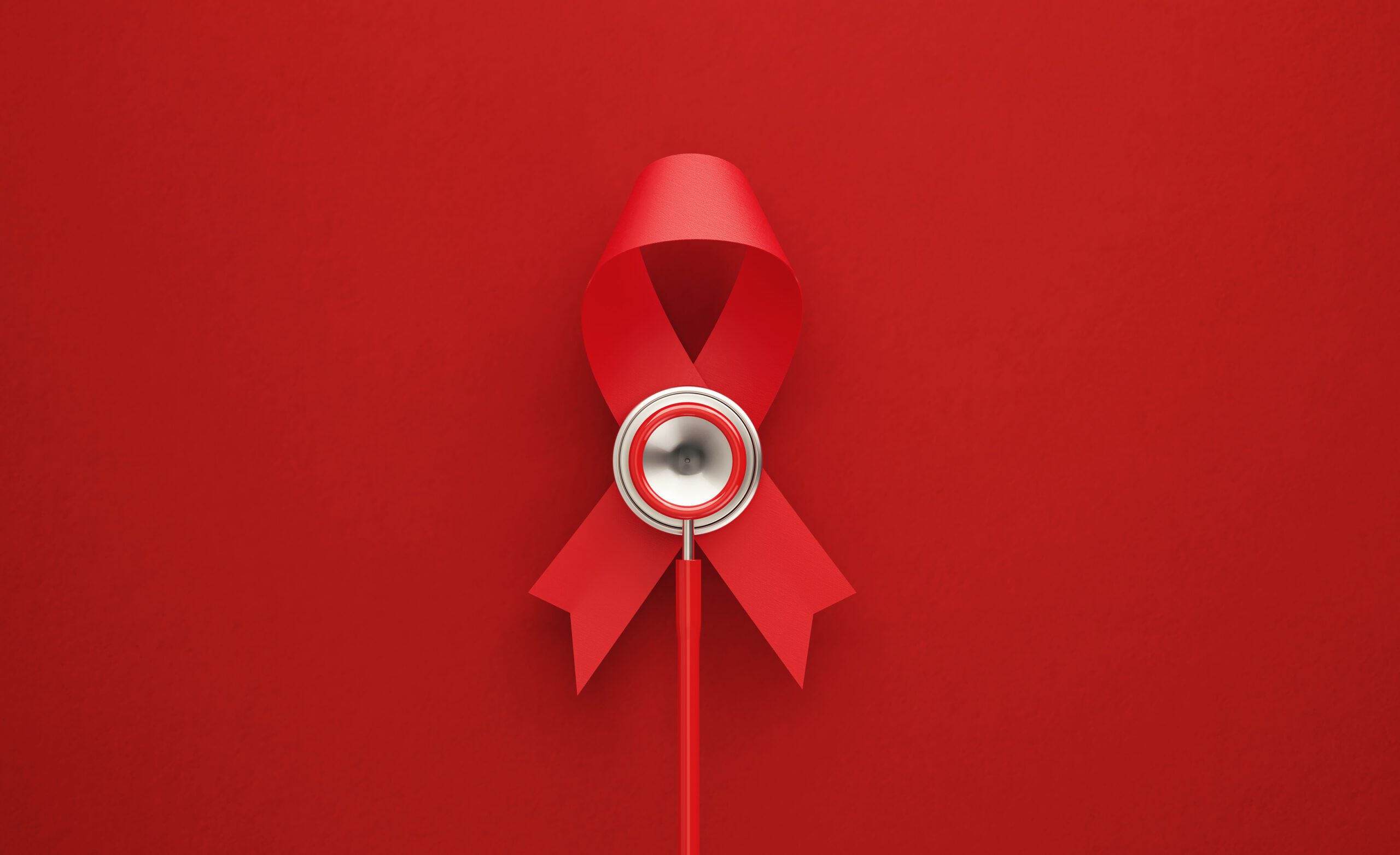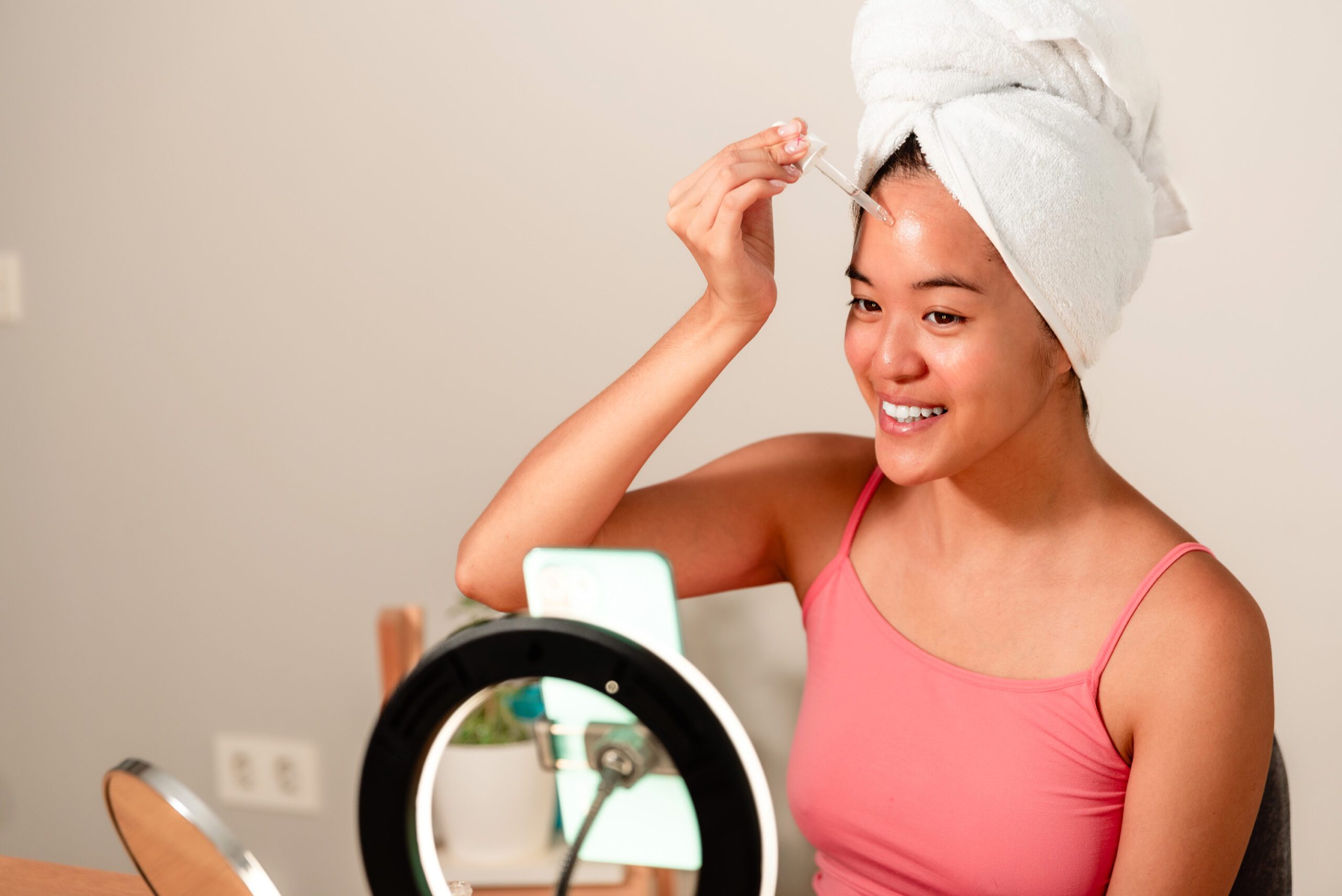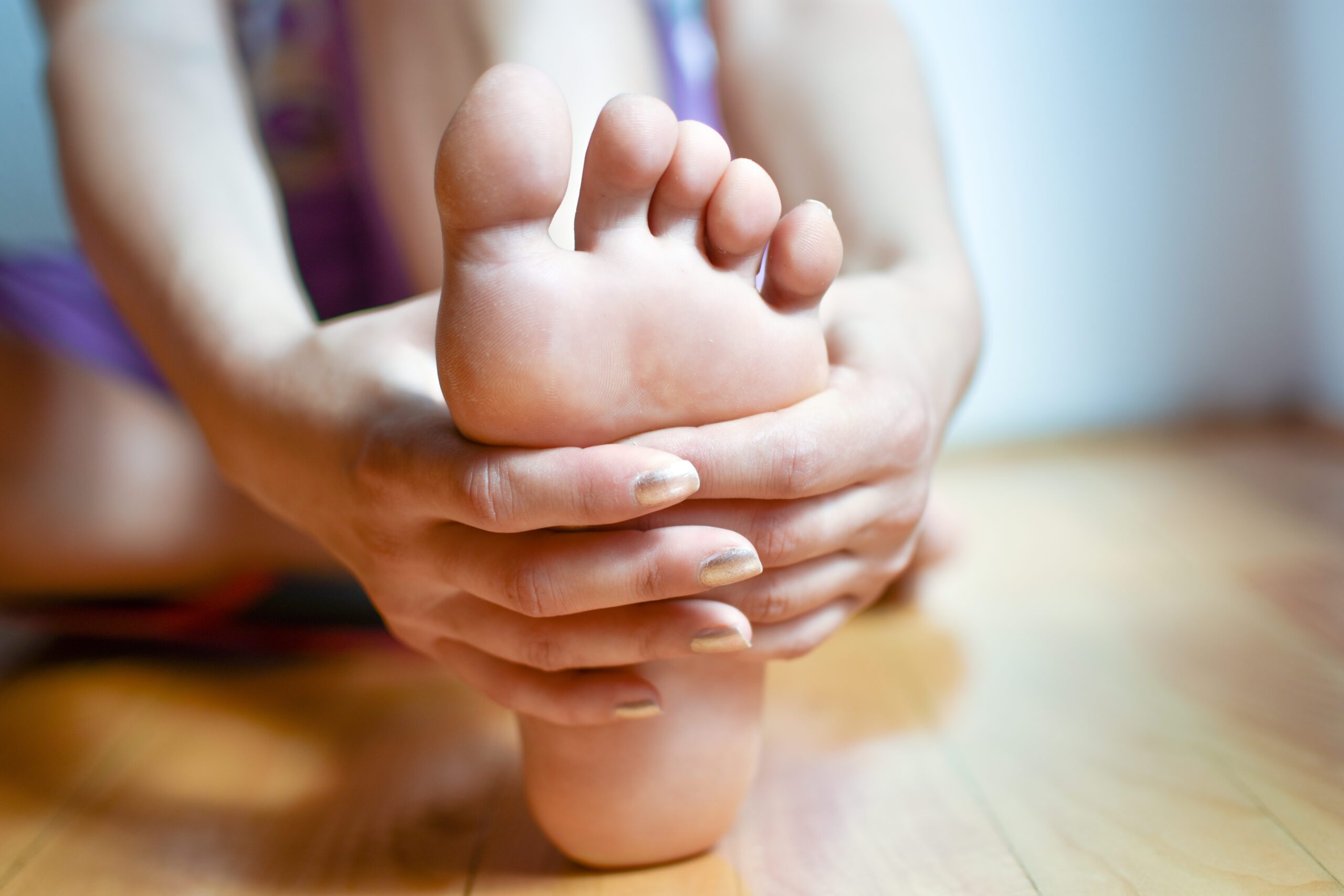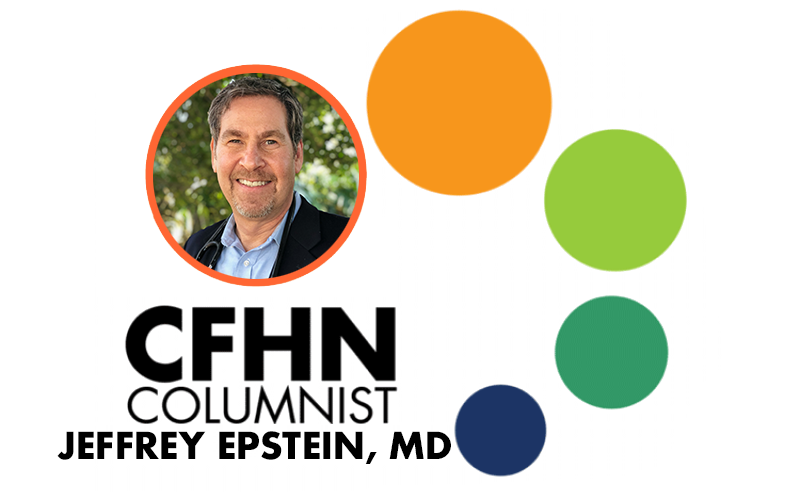
Health News
Features
-
Make HIV Testing, Treatment a Healthcare Priority
by MICHELE TRICE Sponsored by Central Florida Health Care World AIDS Awareness Day is December 1, and people around the globe will focus attention on Human Immunodeficiency Virus (HIV) and Acquired Immunodeficiency Syndrome (AIDS) testing, treatment, and life with HIV. According to APRN Linda Gellatly, Central Florida Health Care’s infectious disease provider, there are just…
-
Pop Quiz!
Don’t Fall for the Skinfluencer Hype November is National Healthy Skin Month, and it’s a time when the American Academy of Dermatology wants you to learn about healthy skincare habits and pay attention to your skin. Board-certified dermatologists would also love for people to stop following a lot of the skincare advice and trends they…
-
Pop Quiz! Save Your Sole
Don’t Let Diabetes Jeopardize Your Foot Health There are many health and wellness concerns for those with diabetes, foot health is one of those that is especially important. That’s because diabetes can cause nerve damage that decreases the chance of feeling pain, heat, and cold. If a person can’t feel their feet, injuries or even…
Columns
-
Urgency Versus Emergency: Know the Difference!
When you are sick or injured, the last thing on your mind is the cost. Unfortunately, the high costs of the Emergency Room can leave you with a hurting wallet for months after the visit. Luckily, there are now urgent care centers like Owl Now Urgent Care that are available to provide treatment for a…
-
Three Great Reasons to Schedule Your Annual Wellness Visit
You’ve had a physical, you’ve had your eyes checked, and your hearing. You have gone through all the usual testing— cholesterol, blood sugar, blood pressure, etc. But have you scheduled your Annual Wellness Visit? This important appointment can help you regain control of your health and enhance your senior lifestyle. Whether you believe you’re healthy…
-
The Thyroid Gland and Weight Loss
Maintaining a healthy body weight can be frustrating – trying to balance sensible eating with proper exercise is tricky. Unfortunately, some folks suffer from health conditions that can make losing weight very difficult. An underperforming thyroid gland is one such culprit. The thyroid gland is an organ that sits at the base of the neck…





